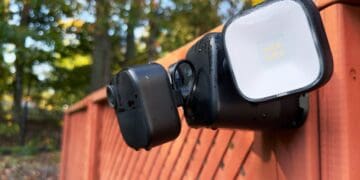Houthi leader Abdul-Malik al-Houthi addresses followers via a video link at the al-Shaab Mosque, formerly al-Saleh Mosque, in Sanaa, Yemen Feb. 6, 2024. REUTERS/Khaled Abdullah
Despite carrying out three series of airstrikes in Yemen over the past months, the Israeli Defense Forces (IDF) have not yet succeeded in preventing the missile and drone attacks from the Houthi terrorists, who continue to threaten Israel.
Support authors and subscribe to content
This is premium stuff. Subscribe to read the entire article.
Login if you have purchased

























































